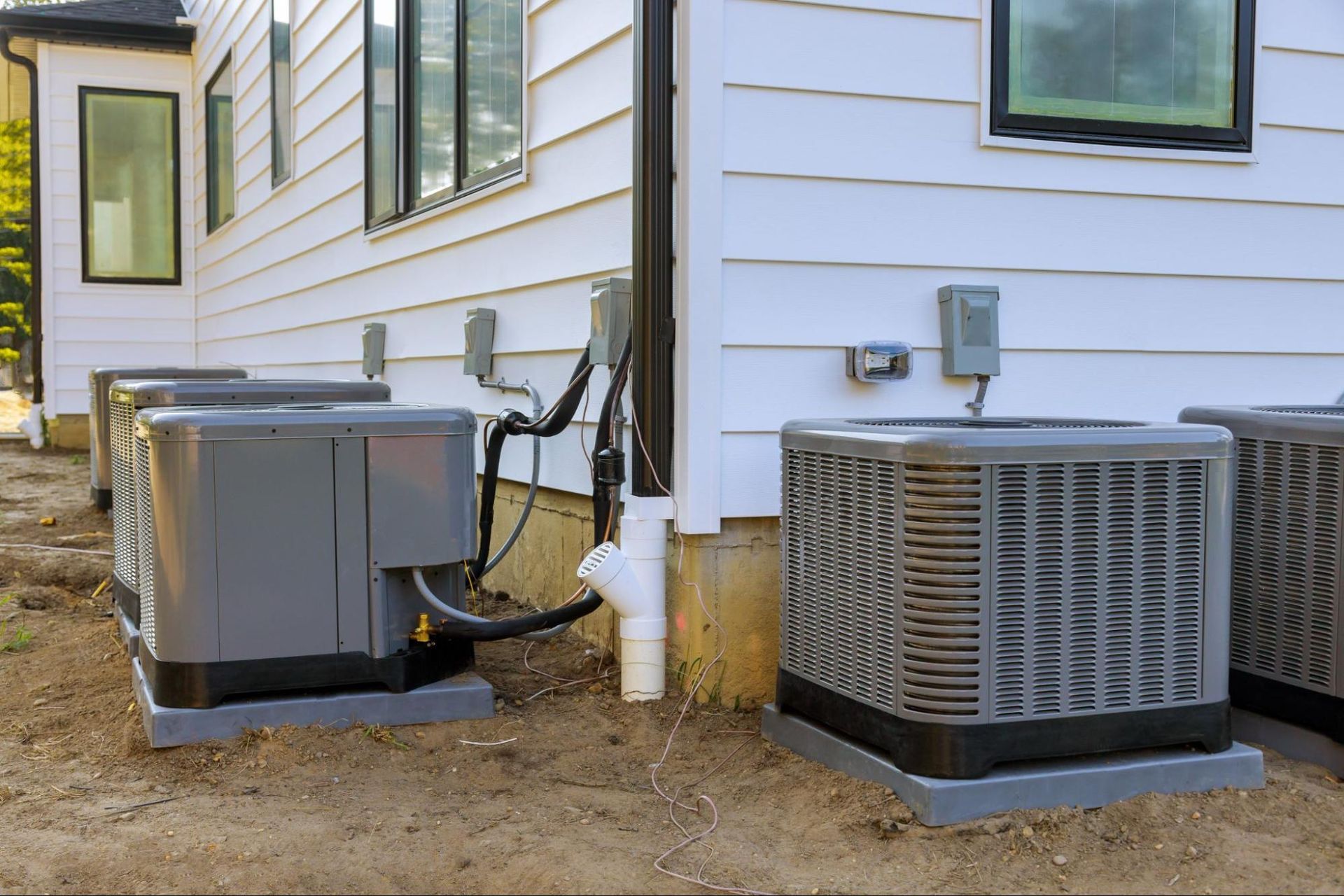When Home Inspections Uncover Issues: A Buyer’s Guide
What to do if the home inspection reveals issues might be a question that looms large as you're closing in on buying your dream home. Home inspections are a critical step in the buying process, uncovering potential hidden problems that could affect your investment. When the inspection report highlights issues, you have several options:
- Do nothing and accept the house 'as-is'
- Request repairs from the seller
- Negotiate a price discount to cover repairs
- Ask for a credit towards closing costs
- Walk away from the deal if the issues are too significant
Navigating through this can feel overwhelming, but understanding your options simplifies the decision-making. A home inspection is not just about finding problems—it's about empowering you to make an informed choice.
When buying a home in areas like Greater Houston, an inspection is especially vital. This process ensures you’re getting not just a house, but a safe and sound home. Trust in the expertise of the inspection to guide your journey. Keep reading our buyer’s guide to home inspections.
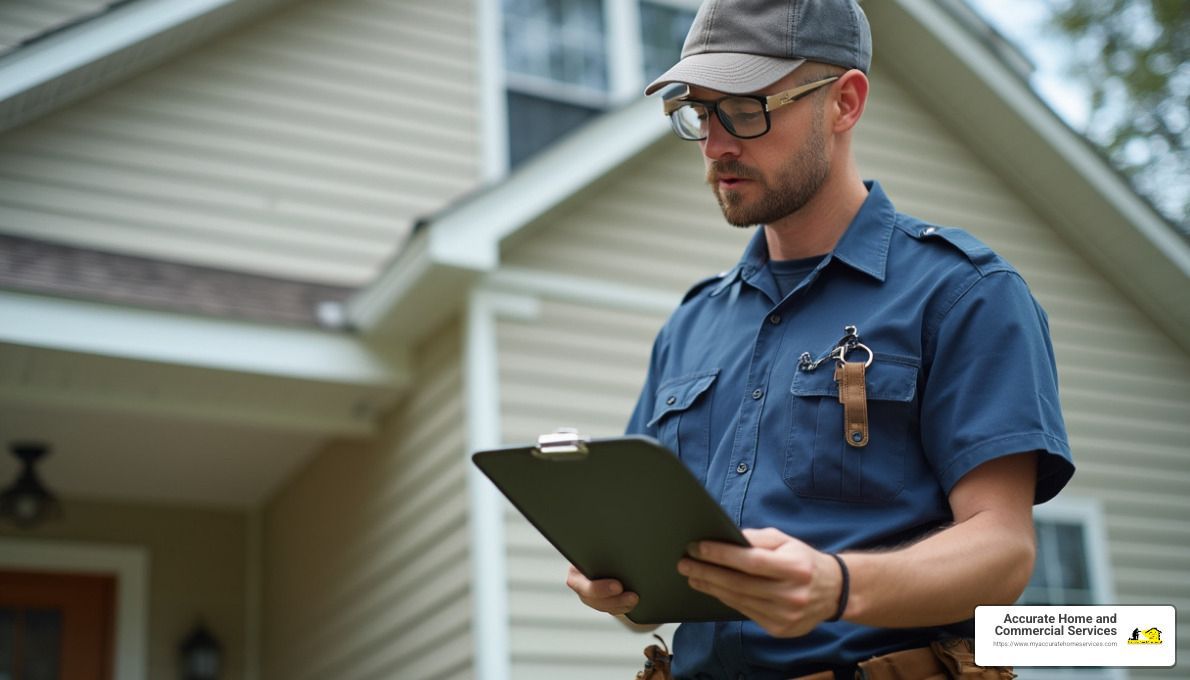
Understanding Home Inspections
A home inspection is like a health check-up for your future home. It’s about getting a clear picture of the property’s condition before you make a big investment. This process involves a visual evaluation of the home by a licensed inspector.
What Does a Home Inspection Cover?
The inspector will look at various parts of the home. This includes the roof, foundation, plumbing, electrical systems, and more. They check for any issues that might not be obvious during a regular walkthrough.
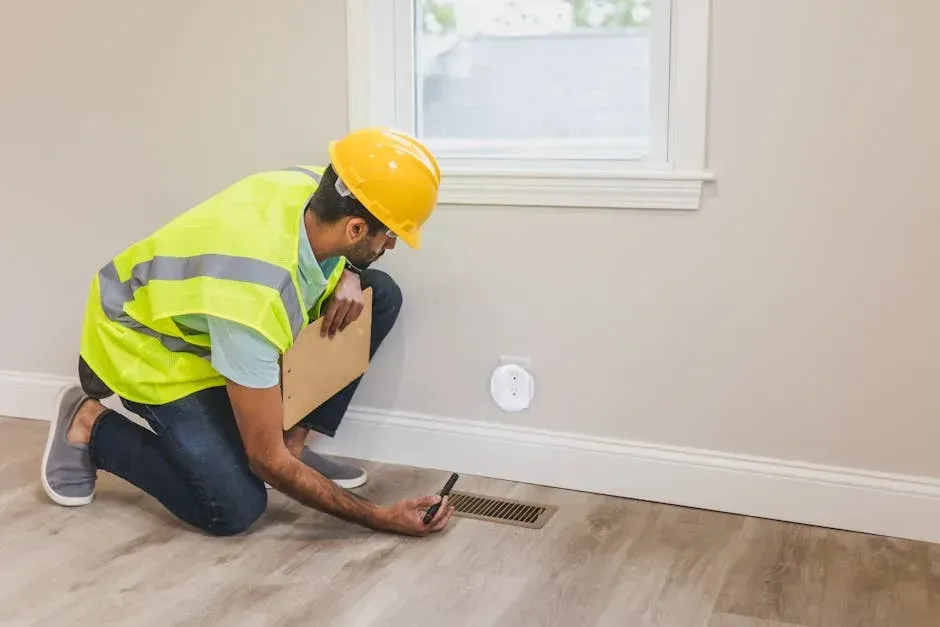
Why Use a Licensed Inspector?
Licensed inspectors have the training to spot problems that others might miss. They know what to look for in different parts of the house and can identify potential issues early. This expertise is crucial because even minor problems can lead to bigger issues if not addressed.
What to Expect from the Inspection
After the inspection, you’ll get a detailed report. This report will list any problems found and give you an idea of the property’s overall condition. No house is perfect, and the report will likely mention several issues. But not all of these will be deal-breakers.
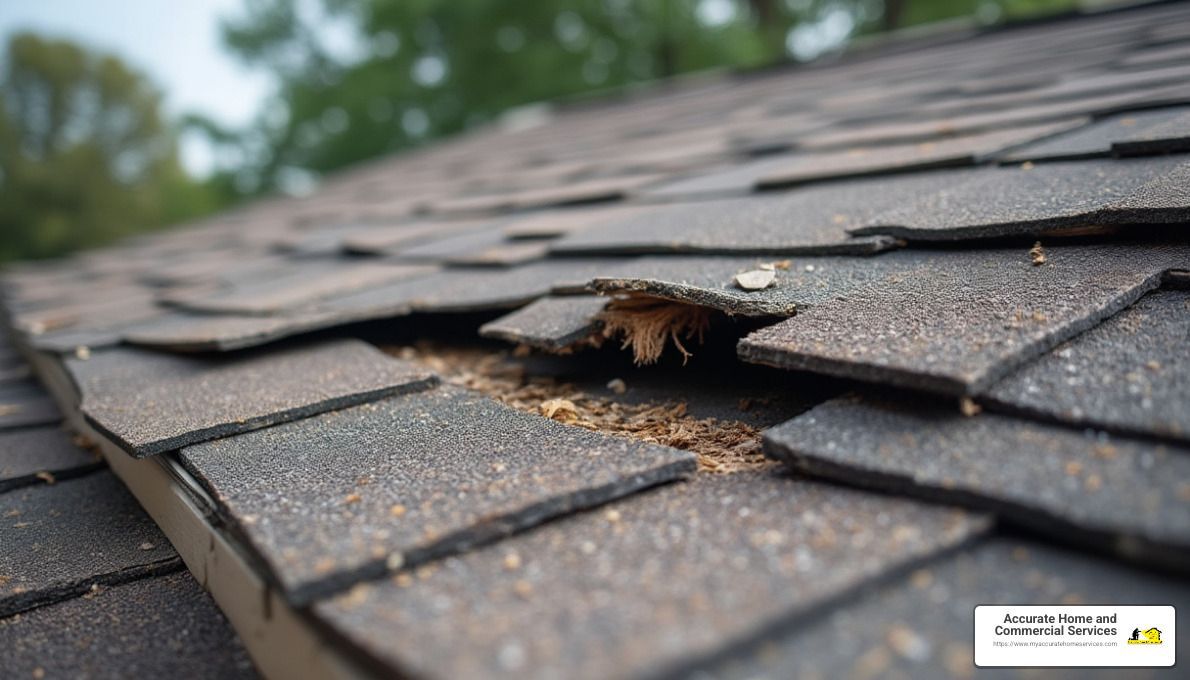
Making Informed Decisions
The goal of the inspection is to help you make an informed decision. It’s not just about finding problems but understanding what they mean for your purchase. For example, a leaky roof might be a minor fix or a major overhaul, depending on the extent of the damage.
In the Greater Houston area, where weather conditions can be extreme, understanding these details is even more critical. A thorough inspection helps you avoid unexpected surprises and ensures your new home is both safe and sound.
Ready to learn what to do if issues come up during your inspection? Keep reading to explore your options and next steps.
Common Issues Found in Home Inspections
When you get a home inspection, you might be surprised by the number of issues that pop up. Here are some of the most common problems inspectors find:
Roof Problems
Roof issues are a big deal because they can lead to expensive repairs. Common problems include missing shingles, leaks, and damaged fascia boards. These can cause water to seep into your home, leading to more damage over time.

Plumbing Issues
Plumbing problems range from minor leaks to major system failures. Inspectors often find outdated pipes, like polybutylene, which are prone to leaks. Leaky faucets and showerheads are also common but can usually be fixed easily.
Electrical Wiring
Faulty or outdated electrical wiring is a safety hazard. Homes built before the 1970s might have aluminum wiring, which can overheat. Inspectors look for these issues, along with outdated panels and unsafe outlets.
HVAC Issues
Heating, ventilation, and air conditioning systems are crucial for comfort. Inspectors check for damaged insulation, dirty air filters, and disconnected ducts. These issues can make your system inefficient and lead to higher energy bills.
Foundation Problems
A solid foundation is key to a stable home. Inspectors look for cracks, sloping floors, and other signs of foundation issues. These problems can affect the entire structure and may require expensive repairs.
Water Damage
Water damage is a common issue that can lead to mold and rot. Inspectors look for moisture stains on ceilings, walls, and windows. They also check the grading around the home to ensure water drains away from the foundation.
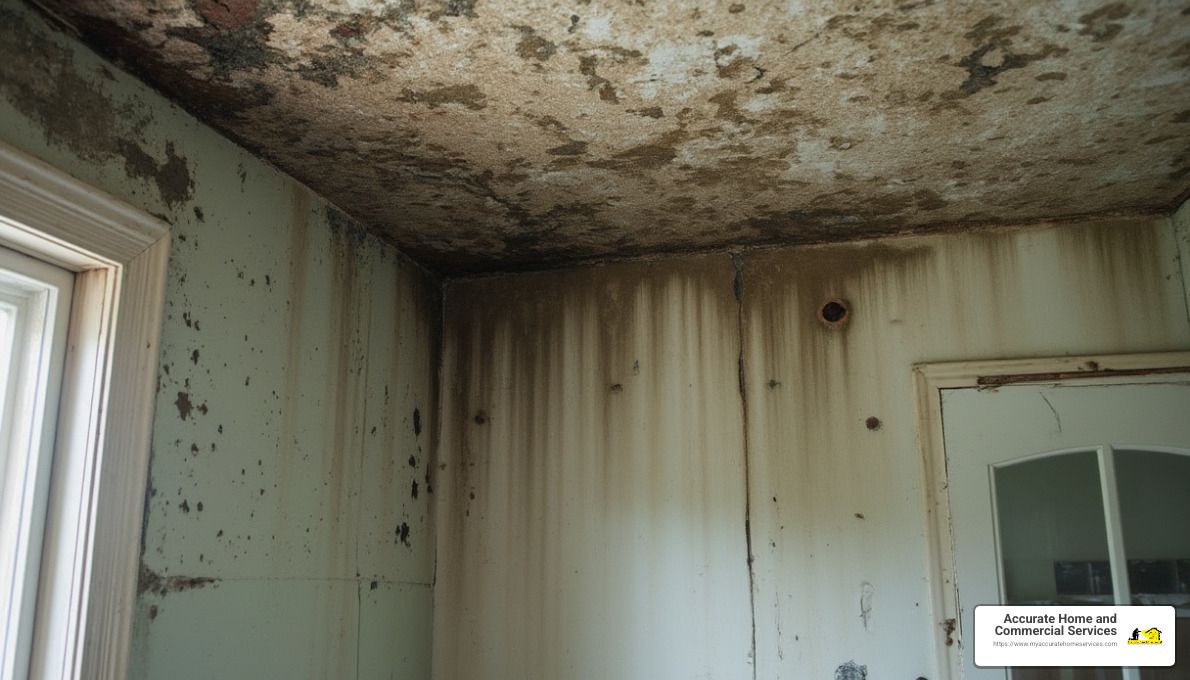
Finding these issues can be stressful, but knowing what to do if the home inspection reveals issues is crucial. Being informed helps you negotiate repairs or decide if the house is right for you. Keep reading to learn about your options and next steps.
What to Do if the Home Inspection Reveals Issues
When a home inspection reveals problems, it's not the end of the world. But it is a moment to pause and consider your options. Here's what you need to know.
Inspection Contingency
An inspection contingency is a clause in your contract that protects you if the inspection uncovers significant issues. It allows you to renegotiate the terms, request repairs, or even back out of the deal without losing your deposit. This is a safety net for buyers, ensuring you're not stuck with a property that has more problems than you're willing to handle.
Negotiation Options
If issues are found, you have several negotiation options:
- Do Nothing: Accept the home as it is.
- Request Repairs: Ask the seller to fix the identified problems before the sale is finalized.
- Ask for a Price Reduction: Lower the purchase price to account for the cost of repairs.
- Request a Credit: Get a credit at closing to cover repair costs.
Repair Requests
When making repair requests, focus on major issues like safety hazards or structural defects. These are more likely to be addressed by the seller. Minor cosmetic issues, like chipped paint, might not be worth negotiating over. Use the inspection report to make a clear and reasonable request list.
Seller Responsibilities
Sellers are not obligated to fix every issue found during an inspection. However, they should address major problems, especially those that might prevent the sale from proceeding. In some cases, local laws require sellers to fix specific issues, like excessive radon levels or termite damage.
Sellers might prefer to offer a credit rather than handle repairs themselves. This allows you to ensure the work is done to your standards. It's often a win-win situation, as it speeds up the closing process.
Understanding what to do if the home inspection reveals issues empowers you to make informed decisions. Up next, we'll dive into how to negotiate repairs and credits effectively.
Negotiating Repairs and Credits
When it comes to negotiating repairs and credits, you have several effective strategies to explore. These tactics can help you manage repair costs and ensure a fair outcome.
- Request a Repair Credit: Instead of asking the seller to fix the issues, request a financial credit. This gives you control over the repairs, allowing you to choose the contractors and schedule the work at your convenience.
- Seek Cost Estimates: Obtain estimates for the necessary repairs from reliable contractors. Present these to the seller to justify your requests for credits or repairs.
- Use Buyer's Leverage: Leverage the inspection findings to negotiate a reduced purchase price or ask for repairs. If significant issues are uncovered, you may have the option to back out of the deal without penalties, giving you strong negotiating power.
- Be Flexible and Collaborative: Approach negotiations with an open mind. Being flexible and understanding the seller's constraints can lead to a mutually beneficial agreement.
By implementing these strategies, you can effectively manage the negotiation process and protect your investment.
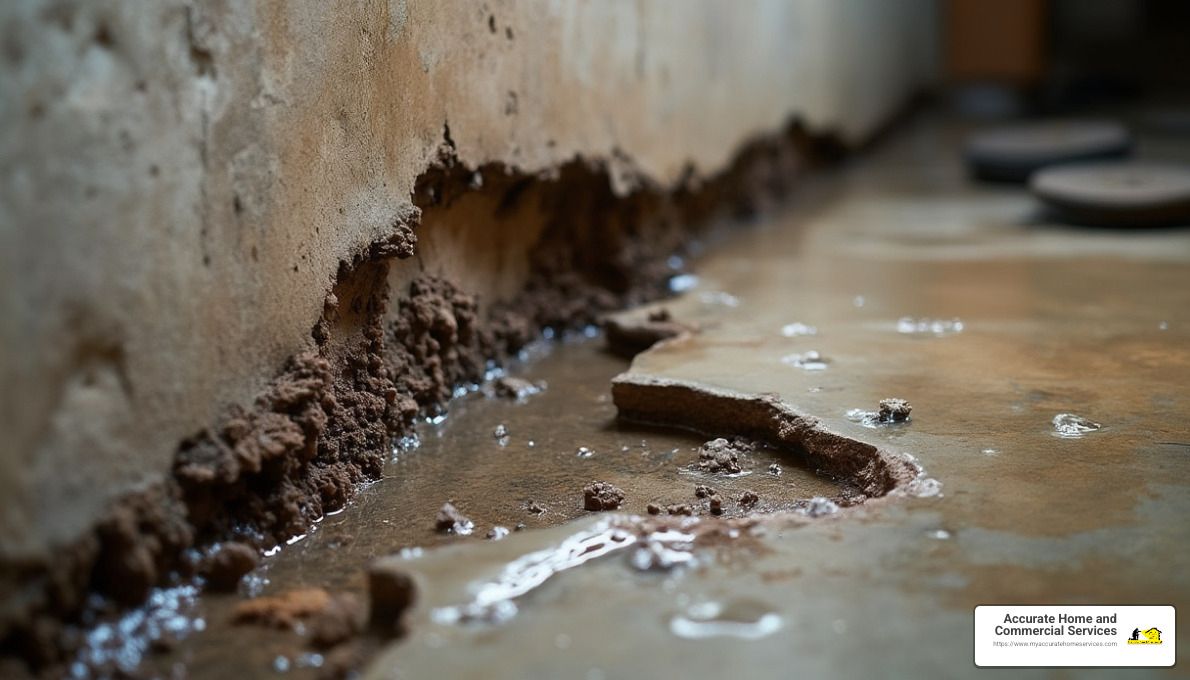
Repair Credits
Repair credits are a common solution when issues are found during a home inspection. Instead of the seller fixing the problems, they offer you a credit at closing. This credit can be used to cover the costs of repairs after you move in. Many buyers prefer this option because it allows them to control the quality of the repairs.
Cost Estimates
Before negotiating, it's important to get cost estimates for the needed repairs. Hire a local contractor to give you a detailed estimate. This information is crucial for your negotiations. It shows the seller you have done your homework and know what you're talking about.
Negotiation Strategies
Here are some effective negotiation strategies to consider:
- Prioritize Major Issues: Focus on significant problems like structural defects or safety hazards. These are more likely to be addressed by the seller.
- Be Reasonable: Avoid asking for every little thing to be fixed. Sellers are more likely to agree if your requests are reasonable.
- Use the Inspection Report: This is your evidence. Use it to make a clear and concise case for the repairs or credits you want.
- Stay Flexible: Be open to different solutions, like repair credits instead of price reductions.
Buyer's Leverage
Your leverage in negotiations depends on the local housing market. In a buyer's market, you have more power to negotiate repairs or credits. Sellers might be more willing to accommodate your requests to close the deal.
In a seller's market, you might have less leverage. However, focusing on major issues and being reasonable in your requests can still lead to a successful negotiation.
By understanding these strategies, you can navigate the negotiation process confidently and ensure you're getting a fair deal. Next, we'll answer some frequently asked questions about home inspections.
Frequently Asked Questions about Home Inspections
What if a home inspector finds problems?
When a home inspector finds issues, it's not the end of the world. In fact, it's quite common. The key is to know your options. You can:
- Accept the house 'as-is' if the issues are minor and don't bother you.
- Negotiate with the seller to fix the problems or provide repair credits.
- Ask for a price reduction to cover the cost of future repairs.
- Walk away from the deal if the problems are too severe and there's an inspection contingency in your contract.
You have the right to back out if the inspection reveals significant issues. It's all about making sure the home is safe and meets your needs.
What is the biggest red flag in a home inspection?
The biggest red flag during a home inspection is often structural defects. These include foundation cracks, major roof damage, or compromised structural integrity. Such issues can be very costly to repair and may affect the safety and value of the home.
Safety concerns like faulty electrical wiring or gas leaks are also major red flags. These issues pose immediate risks and should be addressed before moving in.
If your home inspection reveals issues, take a moment to weigh your options thoughtfully. Consider negotiating for repairs if the problems are manageable. Alternatively, you might request a financial credit to handle the repairs yourself, offering flexibility in choosing contractors and upgrade possibilities. However, if the issues are extensive or severe, reconsidering the purchase might be the best course of action to protect your investment.

What if anything must happen when an inspector reports a problem?
When an inspector reports a problem, the next steps depend on the seller's obligations and your buyer's rights. Sellers are not legally required to fix everything. However, they often address major safety concerns or structural defects to ensure the sale goes through.
Some contracts require sellers to fix specific issues before closing. It's crucial to check your purchase agreement for any stipulations.
As a buyer, you have the right to request repairs or negotiate a solution. If the seller refuses to address major issues, you can choose to walk away, provided there's an inspection contingency in place.
Understanding these elements ensures you're prepared to handle any issues that arise during the home inspection process.
Next, let’s wrap up our guide with a look at Accurate Home and Commercial Services and how they can assist you in your home inspection journey
Conclusion
When you're buying a home, ensuring its safety and condition is paramount. Accurate Home and Commercial Services, located in Conroe, TX, provides thorough home inspection services across the Greater Houston area. Their expertise can significantly improve your home-buying experience, offering peace of mind through detailed evaluations that highlight potential issues before they become costly problems.

With a team of experienced inspectors, Accurate Home and Commercial Services provides thorough evaluations of properties, identifying potential issues that could impact your decision. Their attention to detail ensures that nothing is overlooked, giving you peace of mind and confidence in your purchase.
Whether it's checking for roof problems, plumbing issues, or electrical wiring concerns, they cover all the bases. Their inspections help you understand the condition of the home and what to do if the home inspection reveals issues. This knowledge is invaluable when it comes to negotiating with sellers or deciding whether to proceed with a purchase.
If you're in the Greater Houston area and need a reliable home inspection, consider reaching out to Accurate Home and Commercial Services. Their commitment to customer satisfaction and property safety makes them a trusted partner in your home buying process.









